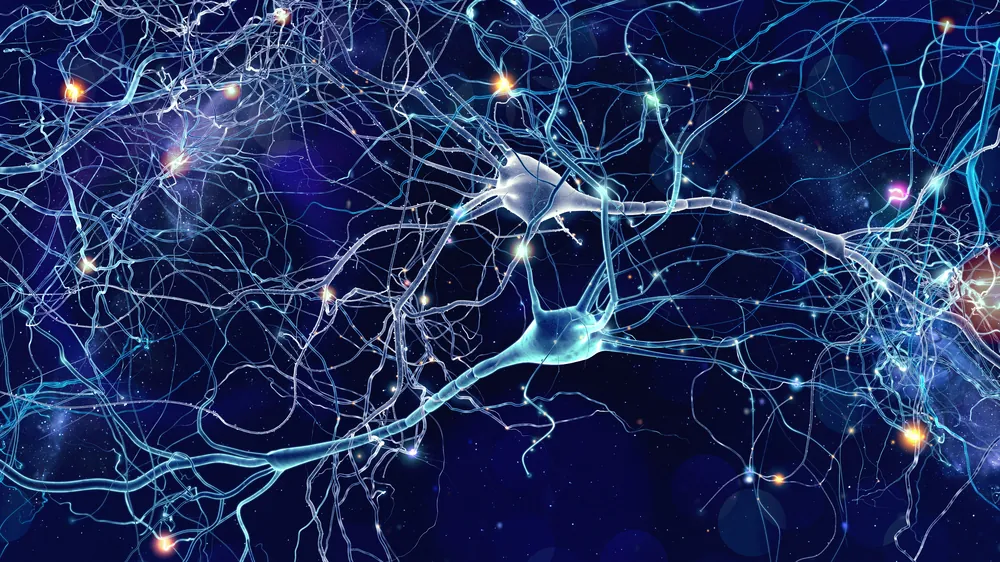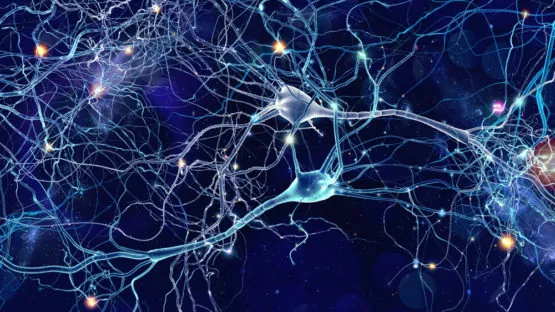Researcher Dr. Dena Dubal, from the University of California San Francisco, is considering a new approach to combat neurodegenerative diseases, such as Alzheimer’s disease and dementia, using a protein known as klotho.
Aging is the foundation of age-related diseases
Instead of trying to understand each of these diseases and the complex mechanisms unique to both, she considered what all these conditions have in common; the answer, of course, is aging.
Like all age-related diseases, these conditions develop because of the aging processes that damage us and prevent our bodies from repairing themselves effectively. These processes have been defined clearly in the Hallmarks of Aging, which divides aging into a series of processes and offers potential solutions to each[1].
Aging is the greatest risk factor for neurodegenerative diseases and one of the greatest challenges that the biomedical field faces. Dr. Dubal believes that our current understanding of aging could help us to combat neurodegenerative diseases. She asks, “Why don’t we just block aging?” In other words, she suggests targeting the aging processes to potentially halt multiple age-related diseases.
From Greek myth to modern science
With this in mind, she got interested in a protein called klotho, which is named after the Greek legend of Clotho, a mythological figure who created the thread of life and had control over when gods and mortals would die.
The klotho protein was originally documented in 1997 by researchers in Japan[2]. During this study, they also discovered the suppressive role that klotho has against some aspects of the aging process. They also learned that defective klotho gene expression in mice results in a syndrome similar to human aging, including a shorter lifespan, infertility, arteriosclerosis, skin atrophy, osteoporosis and emphysema.
It was later discovered that transgenic mice that produce more klotho live longer [3-4]. This was also confirmed in humans, as people who produce more klotho tend to live longer than people who produce less.
The klotho protein functions as a circulating hormone that binds to a cell-surface receptor and suppresses the intracellular signals of insulin and insulin-like growth factor 1 (IGF1); it is an evolutionarily conserved mechanism for extending lifespan. Klotho influences part of the aging hallmark known as deregulated nutrient sensing, one of the reasons we age.
Klotho is neuroprotective
Back in 2014, Dr. Dubal wanted to find out if klotho levels help our brains remain healthier as we age and reduce the impact of cognitive decline. She and her research team discovered that in both mice and humans, more klotho means better cognition, meaning that it is neuroprotective[5].
In humans, only around 20 percent of people have high levels of klotho, but Dr. Dubal wants everyone to benefit from its neuroprotective effect. Her research team wants to test the potential of klotho as a neuroprotective therapy.
The klotho protein exists in two distinct forms; the first is anchored in the cell membranes of the organs, mostly in the brain and kidneys, and the second form is seen when the protein becomes detached from its anchor and then floats around the bloodstream.
Dr. Dubal’s team discovered that they could simply inject this second form of the protein directly into mice and receive the same effect that genetically high klotho levels have.
Perhaps even more impressive was that the mice treated showed improved brain function within just four hours, and this treatment worked in young mice, old mice and an Alzheimer’s mouse model.
The next step for Dr. Dubal and her team will be to work out how klotho interacts with the brain without it crossing the blood-brain barrier. Once this information is discovered, it could then lead to a klotho therapy for humans to improve cognitive function and protect the brain from age-related diseases.
In a University of California San Francisco article, Dr. Dubal said, “For humans, the end game really is: how can we increase our ‘healthspan?’” She continues, “And that may go hand in hand with an increase in lifespan, because the things that help us to live longer are also the things that help us to live better.”
Conclusion
Once again, it is good to see respected researchers talking about combating age-related diseases by targeting the aging processes themselves. This approach has the potential for treating or preventing multiple diseases at once, and it is a shift in thinking that the medical industry is starting to accept. The sooner the majority of researchers take this approach, the sooner we can start to really do something about age-related diseases.
A therapy that influences deregulated nutrient sensing is an interesting prospect and may lead to a viable neuroprotective therapy if a simple injection works on humans the way it does on mice.
Literature
[1] López-Otín, C., Blasco, M. A., Partridge, L., Serrano, M., & Kroemer, G. (2013). The hallmarks of aging. Cell, 153(6), 1194-1217.
[2] Kuro-o, M., Matsumura, Y., Aizawa, H., Kawaguchi, H., Suga, T., Utsugi, T., … & Iwasaki, H. (1997). Mutation of the mouse klotho gene leads to a syndrome resembling ageing. nature, 390(6655), 45.
[3] Kurosu, H., Yamamoto, M., Clark, J. D., Pastor, J. V., Nandi, A., Gurnani, P., … & Shimomura, I. (2005). Suppression of aging in mice by the hormone Klotho. Science, 309(5742), 1829-1833.
[4] Dubal, D. B., Zhu, L., Sanchez, P. E., Worden, K., Broestl, L., Johnson, E., … & Kuro-o, M. (2015). Life extension factor klotho prevents mortality and enhances cognition in hAPP transgenic mice. Journal of Neuroscience, 35(6), 2358-2371.
[5] Dubal, D. B., Yokoyama, J. S., Zhu, L., Broestl, L., Worden, K., Wang, D., … & Ho, K. (2014). Life extension factor klotho enhances cognition. Cell reports, 7(4), 1065-1076.




